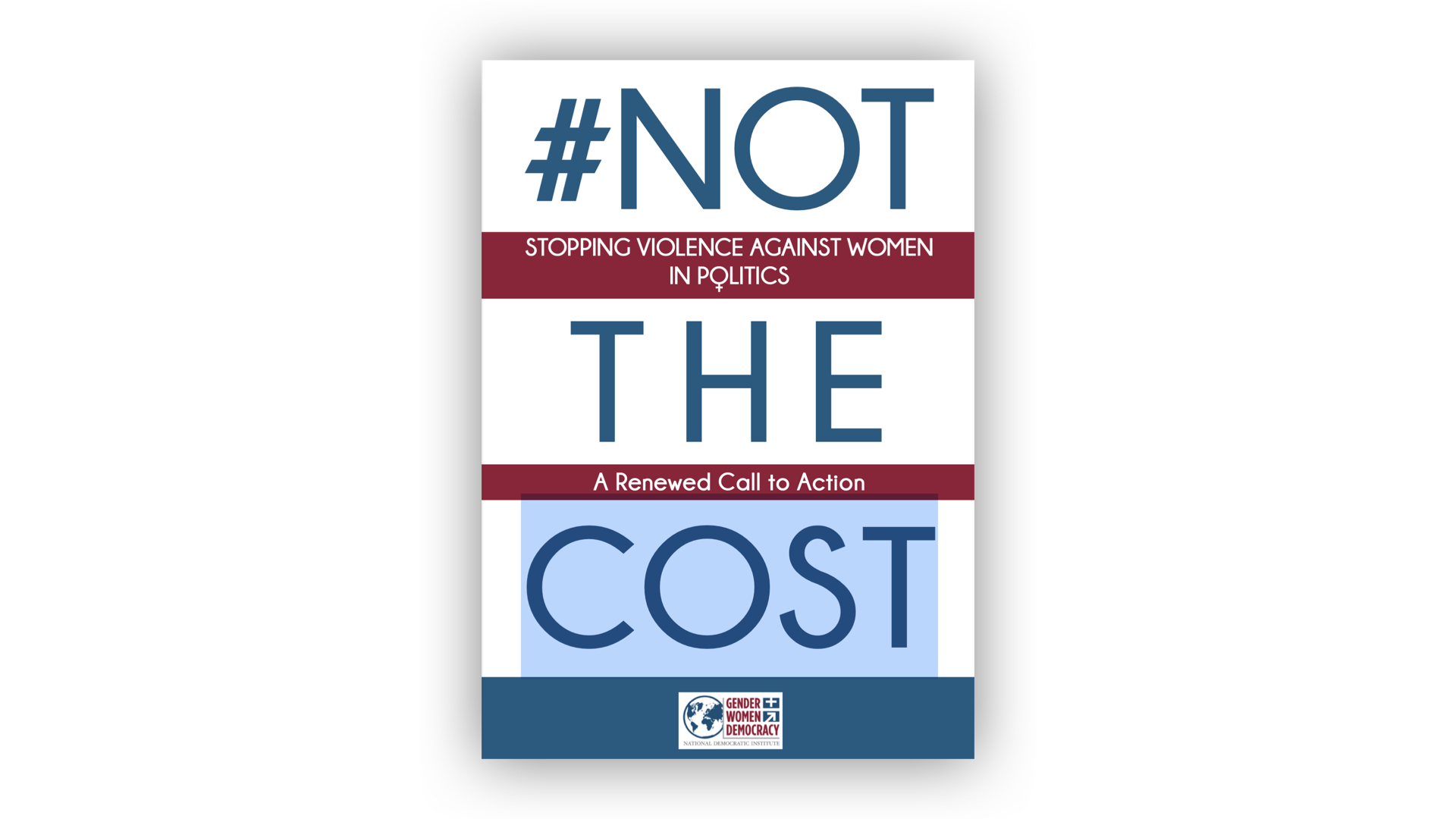The Baha’i teachings present a profound and holistic approach to social reform, encapsulating ideas that are both transformative and inclusive. Among these teachings, the imperative to eradicate violence against women emerges as a fundamental tenet that calls for urgent attention and action. The question arises: how can individuals who adhere to the Baha’i faith actively participate in stopping the pervasive violence against women, and what challenges may they encounter in this noble pursuit? This discourse seeks to explore these pressing matters in depth.
At the heart of Baha’i teachings lies the affirmation of the inherent dignity and equality of all human beings, regardless of gender. This foundational principle is profoundly rooted in the belief that men and women are equal partners in the advancement of society. Therefore, the first step in addressing violence against women is to internalize the understanding that any act of violence is not merely a societal issue, but a spiritual deficiency that contradicts the Baha’i tenets of unity and justice.
In acknowledging the issue of violence against women, Baha’is are called to foster environments that reject all forms of prejudice and discrimination. This is not just a lofty ideal but also a practical mandate. Baha’i communities must actively engage in educational initiatives aimed at dismantling harmful stereotypes and cultural norms that perpetuate gender-based violence. The challenge presented here is twofold: not only must these initiatives be developed, but they must also be embraced by a society that may be resistant to change. How can Baha’is inspire their communities to recognize the pernicious impacts of gender-based violence and encourage transformative dialogue?
One of the potent tools within the Baha’i framework for gender equity is the promotion of education. Education is both a mechanism for enlightenment and a catalyst for social change. Comprehensive education for girls is essential—not merely in terms of academic achievement but also in cultivating self-awareness, self-esteem, and agency. A Baha’i commitment to improving access to education for women and girls can serve as a preventative measure against violence. However, educational efforts must confront systemic barriers—such as socio-economic disparities and cultural biases—that often obstruct women’s access to learning opportunities.
Moreover, Baha’is are inspired to engage in community building and the establishment of social action projects that empower women. Initiatives could take the form of workshops, community forums, and mentorship programs designed specifically for women. These efforts not only aim to enhance the skill sets of participants but also build a cohesive network of support that cultivates resilience against violence. The challenge here lies in mobilizing resources and garnering support from local leaders, institutions, and the broader community while navigating entrenched societal structures that might resist such interventions.
Additionally, the Baha’i teachings underscore the importance of consultation—a procedural aspect of decision-making that is both inclusive and collaborative. This principle is particularly significant when addressing the issue of violence against women. Engaging all voices, especially those of women, in dialogues about prevention strategies can lead to more effective solutions being devised and implemented. Yet, this approach requires not only a willingness to listen deeply but also an acknowledgment that existing hierarchies may impede open communication. How can Baha’is balance respect for established authority while simultaneously advocating for the voices of marginalized women within their communities?
In the larger context of societal norms and legislation, Baha’is are encouraged to actively participate in advocacy efforts aimed at reforming policies that permit violence against women. This involves not only supporting initiatives that strengthen laws protecting women but also promoting public awareness campaigns that challenge societal complacency regarding gender-based violence. The inherent challenge in this sphere is overcoming the apathy that often pervades societal responses to such violence. How can Baha’is galvanize collective action and inspire a sense of urgency among their peers?
Furthermore, individual Baha’is must embody the principles they espouse. Personal conduct should reflect a commitment to non-violence, respect, and equality. Baha’is are called to confront personal biases and behaviors that may inadvertently support a culture of violence, whether through inaction or tacit approval of gender inequality. This introspective journey is often fraught with difficulty, as it requires a willingness to examine one’s own beliefs critically and to accept the inherent flaws within oneself. Are Baha’is ready to confront these personal challenges in their quest to uphold justice for women?
Additionally, the cultivation of a spiritual practice that emphasizes compassion and empathy can be invaluable in preventing violence against women. Establishing profound connections within the community secures shared responsibility for one another’s well-being. Spirituality can invigorate a concerted effort towards social justice, as it cultivates intrinsic motivation for equitable treatment. However, the question remains: how does one foster such spirituality in a community often preoccupied with material concerns?
In conclusion, the Baha’i teachings present an unequivocal call to action in the quest to eradicate violence against women. It demands education, empowerment, community involvement, advocacy, personal reflection, and spiritual growth. While the challenges are substantial, the path is equally illuminated with potential. For Baha’is, the task is not merely to denounce violence but to become ardent practitioners of the principles of equality and justice that define their faith. In taking decisive steps towards a society free from violence against women, Baha’is can forge a world that truly respects and honors the inherent dignity of all individuals.
